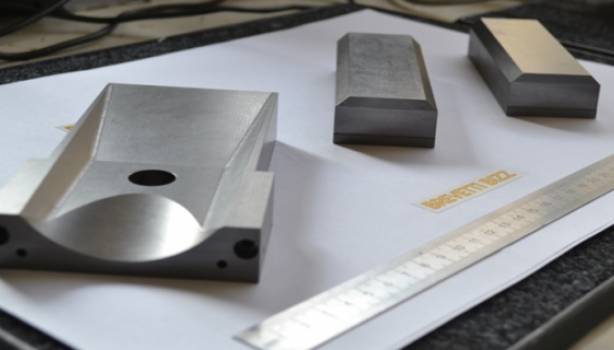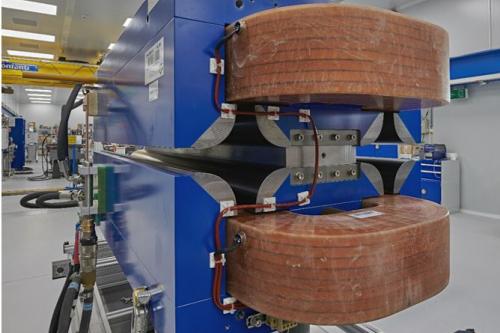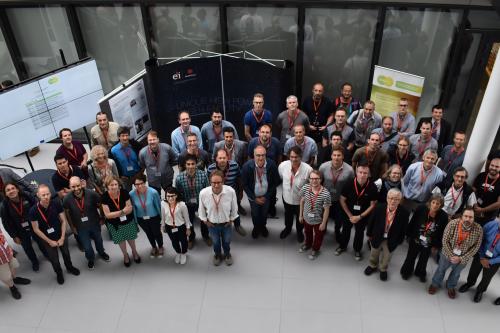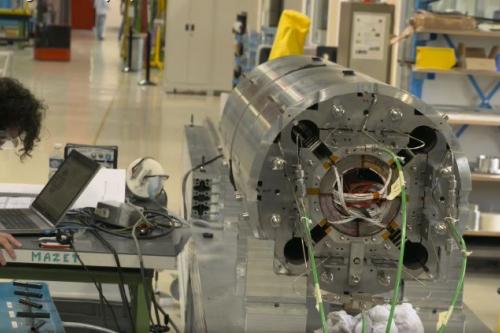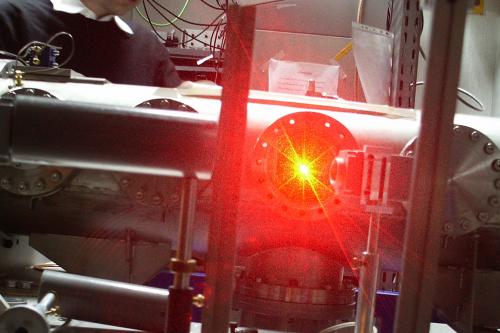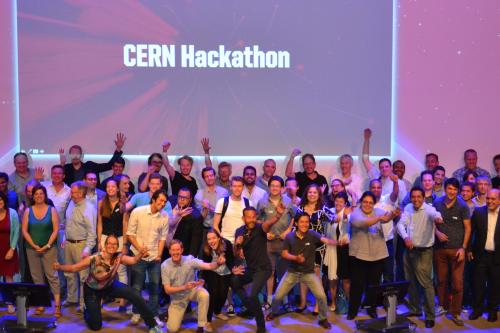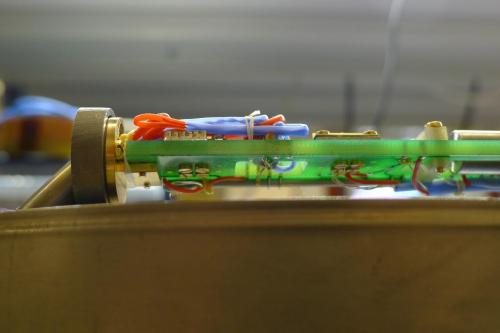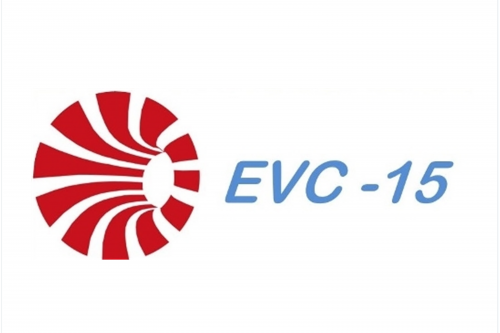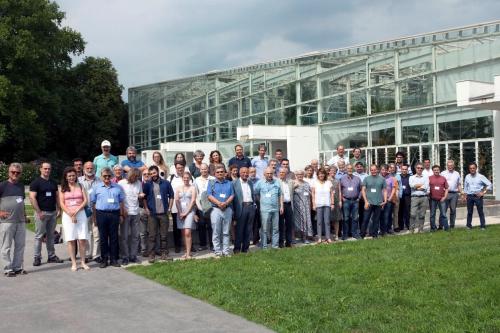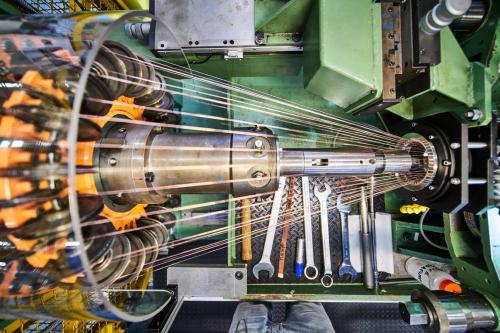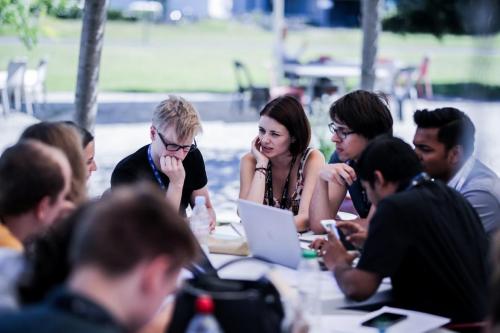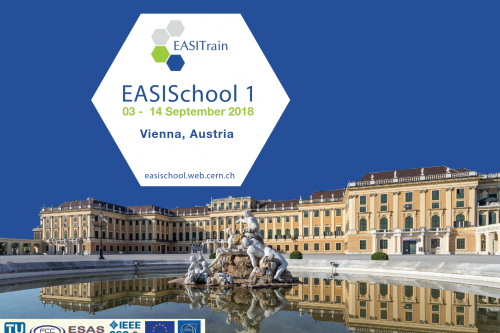October 2018
International collaboration has probably never been more important than it is today. With human society facing a number of wide-ranging ‘global challenges’ such as food security, climate change, energy security and diseases, international collaboration in research is essential to find solutions to these problems.
International collaboration is also increasingly synonymous with excellent research. Collaborating internationally enables individual researchers and organisations to increase the impact of their research, pool talent, equipment and resources to address challenges that they could not tackle alone. Over a third of all articles published in international journals are now internationally collaborative. This marks a very significant increase as compared to the beginning of this century and there are clear indications that this will further increase in the future.
Forming international links has perhaps never been simpler, but it has also never been more necessary. The rate of internationalization is increasingly rapid, with unhindered communication channels and inexpensive travel. Scientists and engineers can work together across country borders, research disciplines, building at the same time bridges between cultures and generations.
Particle accelerator-based research infrastructures that push the limits of technology require international collaboration maybe more than any other area of science: Experiments such as the Large Hadron Collider (LHC) and the Deep Underground Neutrino Experiment (DUNE), as well as current design studies, such as the one on a Future Circular Collider (FCC) require the world to work together. Collaboration on the design, construction, operation and subsequent optimization of these facilities is key to fully exploit their discovery potential.
Open and international collaboration has enabled fantastic research results in the past and will be the basis for future breakthroughs. This issue of Accelerating News features stories related to magnet developments for the High Luminosity upgrade of the LHC and future colliders, vacuum technologies, discussions from a muon collider workshop as well as developments in plasma wakefield accelerators that push for novel accelerator technologies.
Last but not least, I am delighted to announce that the FCC collaboration has just launched the video Science knows no Borders on YouTube that highlights why our world needs more collaboration. I believe it carries a very strong message about what science stands for and encourage you to share it widely.
Enjoy Accelerating News!
Carsten Welsch
Head of the Physics Department, University of Liverpool
High thermal performance materials
ARIES has launched an extensive characterization campaign of a broad range of high thermal performance materials for applications in future particle accelerators and the industry.
Interview with Robert-Jan Smits
A sit down with Robert-Jan Smits one of the architects of the European research area and a firm supporter of scientific knowledge and technology as means to address today’s greatest challenges.
Quadrupole magnets for FCC-ee
First tests of a twin quadrupole magnet for FCC-ee took place last summer in CERN's new magnetic measurement laboratory.
New solutions for challenges among complementary light sources
EUCALL developed strategies for laser-based and accelerator-based sources of UV/X-ray light.
Power tests of HL-LHC quadrupole
Successful results from the power test of the fourth short model of a Nb3Sn quadrupole for the High Luminosity upgrade.
EuPRAXIA Design Study comes of age
European collaboration pushes towards Conceptual Design Report, expected to be completed towards the end of next year.
A reverse hackathon with CERN
What if we selected a few CERN Technologies and put them in the hands of professionals that help create highly successful start-ups?
Measuring AD beam intensity with a Cryogenic Current Comparator
New system can measure the average current of bunched and coasting beams.
EVC-15 conference held in Geneva
The European Vacuum Conference (EVC) assembled experts from all over the world to discuss the latest developments in the field.
Discussing a future strategy for muon colliders
Discussing status and ongoing efforts in light of the upcoming European Strategy update.
Advancing superconductivity for future magnets
Collaboration between researchers and industry is key for unlocking the potential of this technology.
Accelerating Learning
Summer events held at CERN boost knowledge and collaboration. The events were coordinated by the QUASAR Group.
EASIschool '18: A summer to remember
A unique learning experience for the participants of the first school organized by EASITrain, this summer in Vienna.
